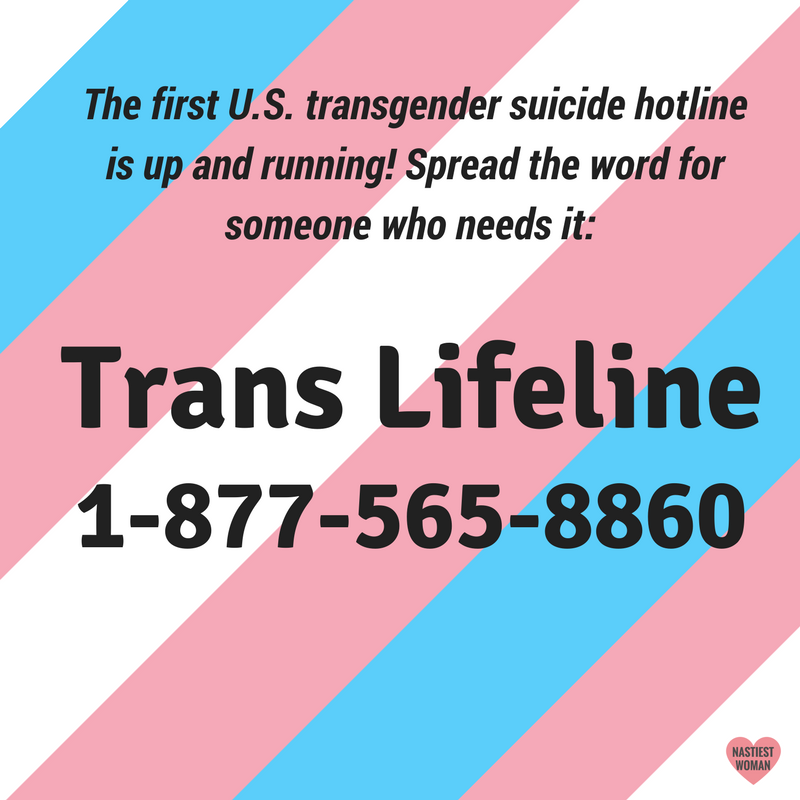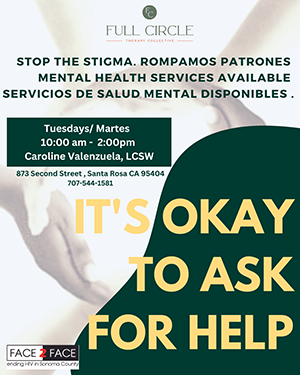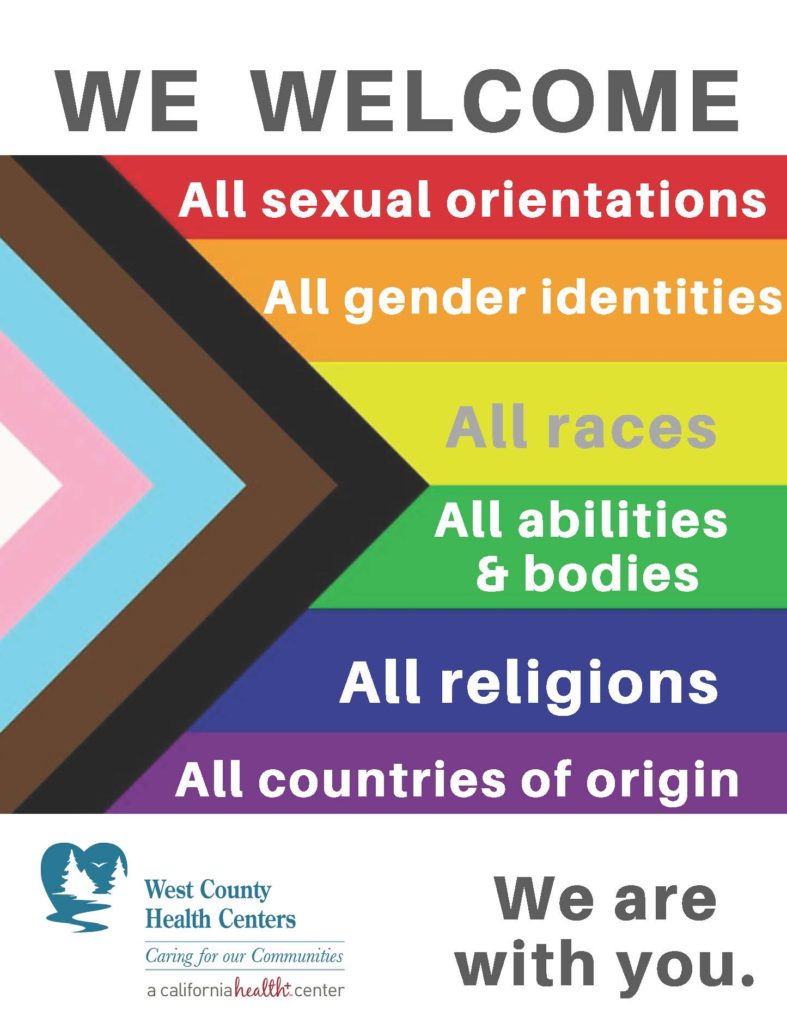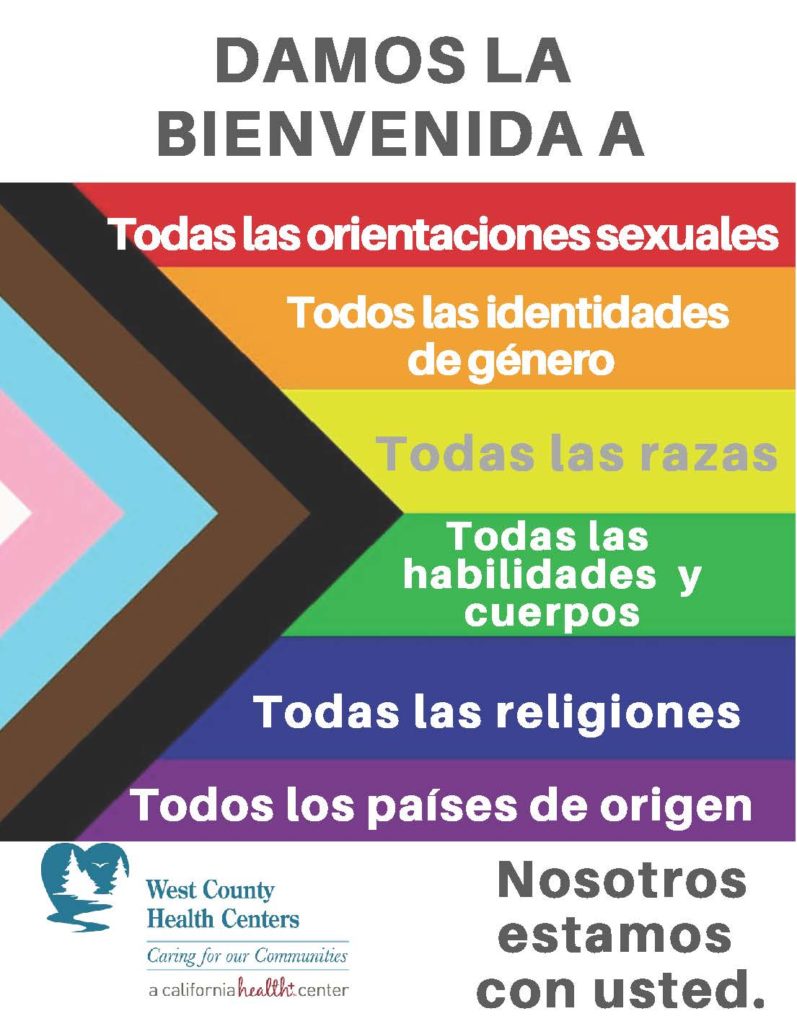Trump to Shield Health Care Workers Who Claim Moral Objections
The Trump administration is poised to overhaul the HHS civil rights office as part of a broader plan to protect health workers who don’t want to perform abortions, treat transgender patients seeking to transition or provide other services for which they have religious or moral objections.
Under a proposed rule — which has been closely guarded at HHS and is now under review by the White House — the civil rights office would be empowered to further shield these workers and punish organizations that don’t allow them to express their religious and moral objections, according to sources on and off the Hill. That would be a significant shift for the office, which currently focuses on enforcing federal civil rights and health care privacy laws.
HHS did not respond to multiple requests for comment. However, HHS’ leaders have repeatedly criticized the Obama administration for rolling back regulations dating to the George W. Bush administration that legally insulated health care workers while affirming their religious freedoms.
Roger Severino, the Trump administration appointee who now leads the HHS civil rights office, has repeatedly stressed that strengthening conscience protections for health care workers is a top priority for his office.
That’s alarmed advocates for LGBT patients, who say they’re already fighting to overcome stigmas and discrimination and who warn that the policy shift will only worsen their situation.
“This is the use of religion to hurt people because you disapprove of who they are,” said Harper Jean Tobin of the National Center for Transgender Equality. “Any rule that grants a license to discriminate would be a disgrace and a mockery of the principal of religious freedom we all cherish.”
However, advocates of conscience protections say that new accommodations for caregivers are long overdue. “Conscience violations continue to occur, and it is critical that the administration responds appropriately,” said Melanie Israel of The Heritage Foundation. “Ensuring that HHS funds do not support morally coercive or discriminatory practices or policies in violation of federal law should not be remotely controversial.”
The pending rule, which could be released as soon as this week, has been described to POLITICO as establishing a new division of the HHS civil rights office that would conduct compliance reviews, audits and other enforcement actions to ensure that health care providers are allowing workers to opt out of procedures when they have religious or moral objections. The new division would be a third, co-equal branch with the office’s existing two divisions that focus on federal civil rights laws and the Health Insurance Portability and Accountability Act.
The office would also conduct outreach and technical support to help others who are seeking to strengthen protections for workers with religious and moral objections to certain procedures.
The civil rights office continues to have broad authority to interpret existing statutes, which could allow it to substantially expand the scope of current conscience rules without an act of Congress — a key tool in the administration’s push to shield these workers, according to individuals who have been briefed on the office’s plans.
Patient groups and legal organizations vowed to challenge HHS if providers are allowed to deny care based on criteria like a patient’s gender or gender expression. “Should the administration choose to move forward to implement a discriminatory policy, we will see them in court,” Louise Melling, of the American Civil Liberties Union, said in a statement.
The new rules — a priority for anti-abortion groups and supporters — could come just days before Friday’s March for Life, the annual gathering in Washington marking the anniversary of the Supreme Court’s Roe v. Wade decision. Republicans have typically timed votes on anti-abortion legislation to the event, the nation’s largest anti-abortion rally.
So-called conscience protections have been politically controversial since shortly after Roe v. Wade legalized abortion in 1973.
But supporters of the conscience protections say the Obama administration left objecting workers out to dry, liable to be fired for refusing to assist in abortions.
“To be forced under pain of losing one’s job is just outrageous,” Rep. Chris Smith (R-N.J.), co-chairman of the Bipartisan Congressional Pro-Life Caucus, said last week. President Trump is “now looking to remedy that through the HHS mechanism — hasn’t happened yet, but it will.”
Republicans in the House have also introduced legislation on the subject. Smith said Trump has assured anti-abortion groups that he would sign the legislation.
Meanwhile, the HHS rule is currently under review at the White House Office of Management and Budget, where it is publicly labeled as “Ensuring Compliance with Certain Statutory Provisions in Health Care; Delegations of Authority.” The term “Delegations of Authority” usually signals a pending department reorganization.
“On the basis of religious teachings, moral reasoning, scientific evidence, and medical experience, many have strong grounds to hold that one’s sex is an immutable characteristic,” Severino and a co-author wrote in a Heritage Foundation report in January 2016. “Many involved in providing medical care and those enrolled in health insurance plans have serious objections to participating in or paying for sex-reassignment surgeries or gender transitions.”
HHS has undertaken a series of actions sought by activists who oppose abortion and LGBT protections. For instance, the agency late last year solicited and selectively published comments on how it could revise regulations like the Obama-era transgender protections, to better favor religious and faith-based groups.














